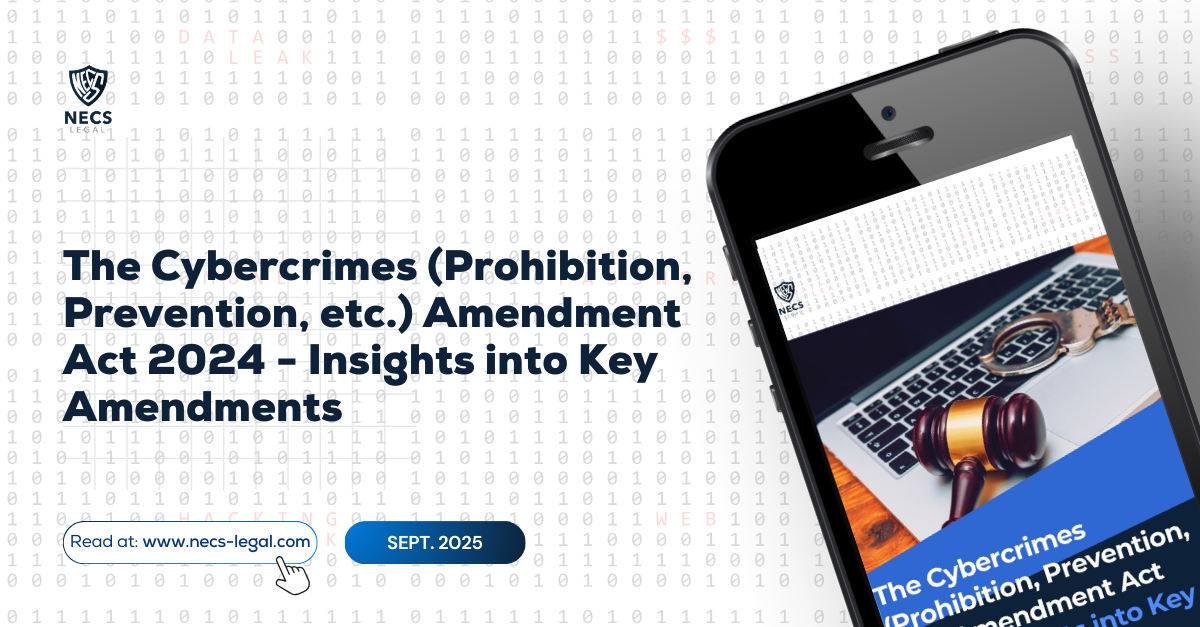The corporate sector has always been a dynamic realm, constantly evolving in response to technological advancements, regulatory changes, and shifting consumer demands. In recent years, the pace of transformation has accelerated, driven by the convergence of digital innovation, sustainability imperatives, and global economic shifts. In this blog post, we explore some of the key developments shaping the modern corporate landscape.
1. Digital Transformation Takes Center Stage
Digital transformation has become a cornerstone of corporate strategy across industries. Companies are leveraging technologies such as artificial intelligence (AI), machine learning, blockchain, and cloud computing to optimize operations, enhance customer experiences, and drive innovation. Automation is playing an increasingly pivotal role, streamlining processes and reducing costs.
The rise of remote work has also spurred significant investment in digital infrastructure. Virtual collaboration tools, cybersecurity measures, and cloud-based platforms have become essential for business continuity and employee productivity. Organizations that embrace these technological advancements are positioning themselves for long-term success in a competitive marketplace.
2. Sustainability as a Business Imperative
Environmental, Social, and Governance (ESG) factors are no longer optional for corporations—they are critical components of business strategy. Consumers, investors, and regulators are demanding greater accountability and transparency from companies regarding their environmental impact and social responsibility initiatives.
Many organizations are adopting sustainable practices, such as reducing carbon emissions, transitioning to renewable energy sources, and implementing circular economy models. ESG reporting has become a standard practice, with businesses striving to meet global standards and frameworks, such as the United Nations’ Sustainable Development Goals (SDGs).
3. Rise of Stakeholder Capitalism
The traditional model of shareholder capitalism, which prioritizes profit maximization for investors, is being replaced by a broader focus on stakeholder capitalism. This approach considers the interests of all stakeholders, including employees, customers, suppliers, and communities.
Leading corporations are embracing this paradigm shift by investing in employee well-being, fostering diversity and inclusion, and engaging in meaningful community outreach. The emphasis on long-term value creation over short-term gains is reshaping corporate decision-making and fostering more resilient business models.
4. Globalization in the Post-Pandemic Era
The COVID-19 pandemic disrupted global supply chains and altered international trade dynamics, prompting companies to rethink their globalization strategies. Many organizations are adopting a “glocal” approach—balancing global reach with localized operations. This includes diversifying suppliers, reshoring critical production, and leveraging regional hubs to mitigate risks.
Additionally, geopolitical tensions and trade policies are influencing corporate decisions about market expansion and cross-border partnerships. Businesses are navigating these complexities while striving to maintain competitiveness in a rapidly changing global economy.
5. Corporate Governance and Ethical Leadership
Corporate governance has come under greater scrutiny in light of high-profile scandals and growing demands for ethical leadership. Boards of directors and executives are being held accountable for fostering ethical cultures, ensuring compliance, and managing risks effectively.
Transparency and accountability are now benchmarks of good governance. Companies that prioritize ethical decision-making and maintain robust governance frameworks are earning the trust of stakeholders and enhancing their reputations.
Conclusion
The corporate sector is undergoing a profound transformation, driven by technological innovation, sustainability goals, and evolving stakeholder expectations. Organizations that adapt to these key developments and embrace a forward-thinking approach are well-positioned to thrive in the years to come.
As the corporate landscape continues to evolve, staying informed and agile will be critical for businesses aiming to navigate challenges and seize opportunities. By prioritizing digitalization, sustainability, and ethical leadership, companies can pave the way for a prosperous and responsible future.







